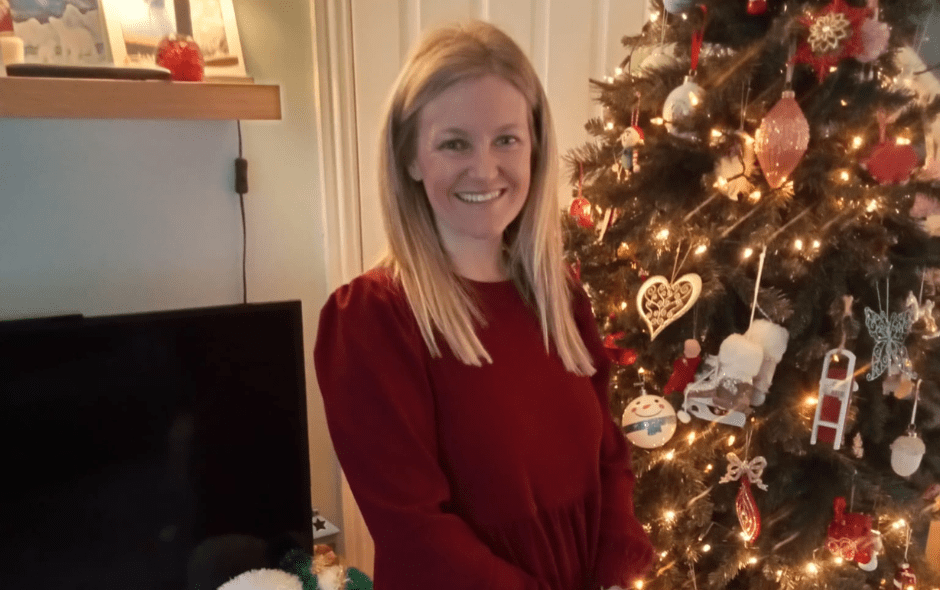Our Welfare Rights and Training Administrator, Janine, shares her experiences of living with epilepsy on Purple Day.
Janine was diagnosed 27 years ago and shares the impact epilepsy has had on her and the importance of awareness days such as Purple Day.
“I have absence seizures. They are well controlled with medication, so I don’t have them daily, but when I do have absences, they tend to happen first thing in the morning.
It has had a profound impact on my independence, especially since having children, as I am unable to drive and often have to rely on people to take me to appointments, social events etc.
I also had negative experiences at university, with a lecturer asking me if I was on another planet when I was experiencing an absence seizure in class. It affected my relationships with my peers at university too.
For me, concentration and memory are hugely affected. As a result of this, I have low self-esteem. The memory and concentration affected my ability to retain information when studying, which often made me feel like I’m not clever enough or good enough and I still carry those feelings with me through the things I do now.
I can be very self-deprecating, have a habit of putting up barriers for myself, and finding reasons not to do something in fear that I won’t be able and I have to work really hard to overcome these feelings.
Awareness important
Epilepsy is still widely misunderstood, despite being the most common neurological condition in Scotland.
People often associate epilepsy with tonic-clonic seizures and are unaware that there are different seizure types and many symptoms that can be associated with having epilepsy.
Witnessing seizures can be scary, especially if you don’t realise what’s happening. Some seizures can give the impression of drunken behaviour or that the person has been taking drugs, so bystanders tend to avoid rather than help the person.
That’s why it is so important to raise awareness and for people to be educated about epilepsy.
Awareness days are hugely important, as people need to know what to do if they witness someone having a seizure and how to recognise if someone may be having a seizure.
Educating yourself about epilepsy is beneficial, as support and understanding can make a huge difference to the quality of life of people living with epilepsy.
Advice for someone newly diagnosed
Try to find support where you can. Whether that be contacting the Epilepsy Scotland Helpline for information, advice or even just chat to someone or joining a face-to-face or online support group.
Quite often, finding people who are in similar situations reminds you that you’re not alone and may give you the courage to talk about your own condition.
Also, if you are studying or employed, speak to your student support team or employer to find out what support you can get to manage your studies/work life effectively.”
If you would like to share your experiences of living with epilepsy, please email David Coates our Communications Officer at dcoates@epilepsyscotland.org.uk or call 0141 427 4911.




